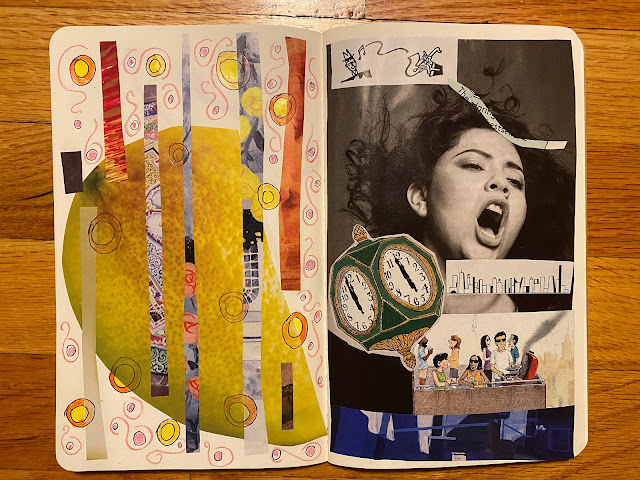Day 69 – Intersectionality

Photo by John Lockwood on Unsplash Day 69 – I keep trying to pull together the reading… The Zerbe Enns, Diaz and Bryant-Davis articles I was speaking about back on day 66, seems to be speaking to me about the Rud chapter I wrote about yesterday. Again, Rud says, In accordance with the more general definition of multitude, I propose an understanding of the psychotherapeutic encounter as a micro multitude where the increase of common power does not imply the effacement of each singular power. When we affirm that we are but interwoven, expressive knots in constant movement and transformation, we also affirm that when we face another in the therapy room, we are being mutually constituted; there is an essential, reciprocal, inevitable mutuality in the encounter which I define as radical reciprocity. We are there, being other in front of another, mutually constituting one another in that moment. I like this idea of being “mutually constituted” in the moment with the ...









